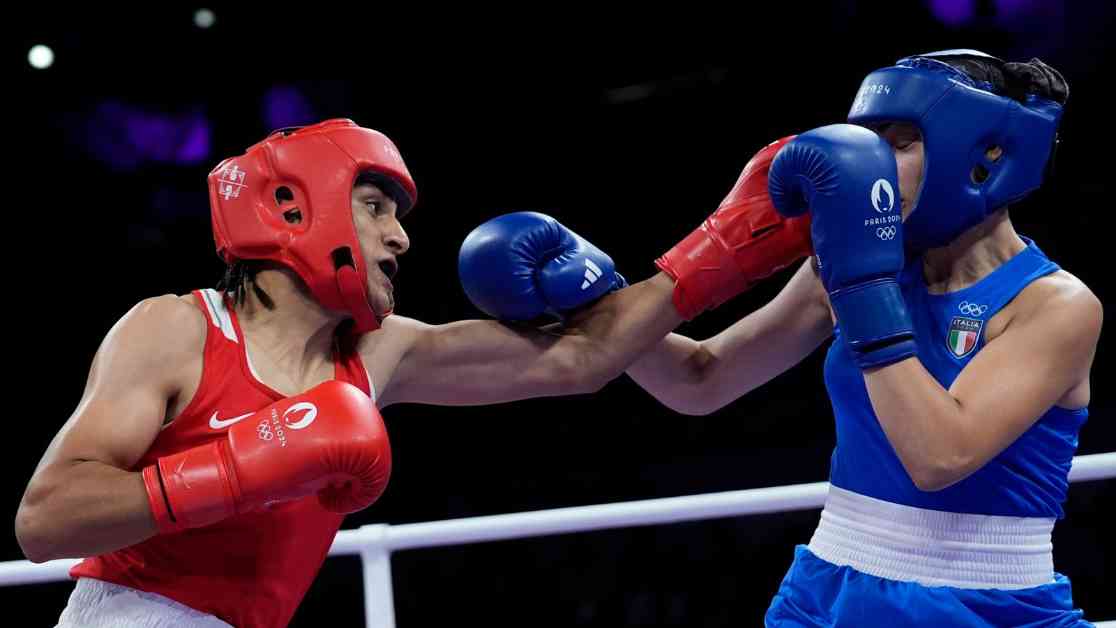Olympic chiefs have been urged by a United Nations adviser to reintroduce sex testing for female athletes to protect their physical safety and ensure fairness in competitions. Reem Alsalem, the UN’s special rapporteur on violence against women and girls, highlighted concerns about eligibility issues and the potential dangers of a testosterone advantage in women’s events at the Paris Games.
The debate was sparked by allegations that Italian boxer Angela Carini faced violence based on her sex during a match against Imane Khelif, who reportedly failed a gender eligibility test. Ms. Alsalem emphasized the importance of ensuring the well-being of all athletes and proposed the use of non-invasive, reliable, and cost-effective sex testing methods like cheek swabs.
While the International Olympic Committee (IOC) previously used chromosome-based tests for female athletes, they were later deemed unscientific and unethical. The IOC spokesperson cautioned against reverting to outdated “sex testing” practices, emphasizing the need to uphold inclusivity and diversity guidelines.
The controversy surrounding Khelif and Taiwan’s Lin Yu-ting, who were suspended from the 2023 IBA Championships due to alleged gender eligibility test failures, has raised questions about the transparency of the testing process. Ms. Alsalem expressed concerns about the disregard for important criteria in maintaining single-sex sports, particularly in elite competitions.
In light of the IOC’s acceptance of gender identity and variations in sex, there is a call for clearer guidelines on the biological aspects of athletic performance and the impact of male puberty on advantages in sports. Ms. Alsalem highlighted the significance of consulting with various stakeholders, including women and girl athletes, to address concerns about fairness and safety in sports.
The issue of gender eligibility testing in sports is a complex matter that requires a thoughtful and inclusive approach to ensure that all athletes have equal opportunities to compete in a safe and fair environment. By reevaluating existing testing methods and guidelines, sports organizations can uphold the principles of fairness and inclusivity while protecting the well-being of all participants.












